Why do mediocre novels get published? My theory (and what writers can learn from it)
There’s little more frustrating than picking up a book and realising it’s BAY-AD. The characters are cardboard cut-outs. The action is melodramatic or unbelievable. It breaks every rule in your well-thumbed writing craft books.
“How did this get published??” you wonder.
If you’re a writer yourself, you might follow it up with: “If this can get published, why can’t my novel?” (Trust me, I’ve been there. Cue the tiny violin.)

To be clear, I’m talking about traditionally published books that have gone through the long, long process of being acquired and edited by a publishing house. Let’s leave aside self-publishing. I’m referring to books that publishers have poured time and effort and money into.
“Why do mediocre novels get published?” is something that’s nagged at me for years. And I think I finally figured it out.
In short: Mediocre novels get published because they hit genre beats.
What are genre beats? They’re the moments that appear in every novel of that type.
If it’s a romance, the book contains characters who fall swoonily in love and go on an emotional rollercoaster ride. If it’s a mystery, someone dies and ooooooooooh you just can’t wait to find out who the culprit could be.
Sure, the mediocre novel in question might have a slapdash plot, poor characterization, clunky dialogue (all those things us writers are appalled by), but it also creates a satisfying reader experience. And that’s what sells books: satisfied readers.
The author knows what kind of book they’re writing and they deliver what they set out to do.
If that’s why books (regardless of quality) succeed, then let’s flip it around:
Many books fail because the author doesn’t know what kind of book they’re writing.
Do any of these statements sound familiar to you?
“I’m not a genre writer; I’m writing general fiction.”
“I’m writing the book I want to write; my agent/editor can figure out the genre later.”
“I just made up a new genre and that’s where my book fits.”
“Sure, my book fits into a genre. It fits into three, actually.”
I hear these types of statements allllllllllll the time from other writers. Hell, I’ve spoken a few of them myself.
All of them flash big neon warning signs. They indicate that the author doesn’t know what kind of book they’re writing.
Let me break each statement down:
“I’m not a genre writer; I’m writing general fiction.”
Every writer is a genre writer. Even literary fiction writers are writing in a genre: it’s called literary fiction.
“I’m writing the book I want to write; my agent/editor can figure out the genre later.”
You need to know right from the start what genre you’re writing. Otherwise, you won’t be hitting those genre beats or delivering a satisfying reader experience. Essentially, you’re writing in the dark.
“I just made up a new genre and that’s where my book fits.”
Genres are part of the publishing business model. They’re how books are pitched and sold. You can’t just make up your own. (Sorry, haters of the phrase “women’s fiction”. We know, it sucks. But it’s the name of the genre.)
“Sure, my book fits into a genre. It fits into three, actually.”
 Your book will be marketed in one genre and one genre alone. A common practice among developing writers (I’ve done it myself) is to write between genres. This is a mistake. You have to pick a genre and amplify those elements, while dialling down the other genre elements.
Your book will be marketed in one genre and one genre alone. A common practice among developing writers (I’ve done it myself) is to write between genres. This is a mistake. You have to pick a genre and amplify those elements, while dialling down the other genre elements.
It’s time to rid yourself of whatever ickiness you feel around the word genre. You need to know what genre your book fits into. How can you find out? Look at similar, recently-published books. Their Amazon categories should give you a clue.
Once you know your genre, start figuring out what readers are expecting when they pick up a novel of that type. These are your “beats” or “obligatory scenes”.
I can guarantee that schlocky author we mentioned at the beginning of this post has nailed those genre beats.
In your novel, however, maybe you’re writing a murder mystery, but the dead body doesn’t show up until chapter 17. Maybe the beginning of your novel is a steamy romance, but around the halfway mark, it turns into an intergalactic fight to the death.
Deviate too far from reader expectations and you’ll confuse and frustrate readers. Even if your prose is beautiful, your characters fully-formed, your dialogue zingy, you might be thwarting reader expectations. This is a cardinal sin.
I’d go as far as to say: the number one thing holding back many would-be authors is not having a clear sense of the genre they’re writing in.
Have you read any bad books recently? Do you have any insights into how they got published? Let me know in the comments.
Pin this post:
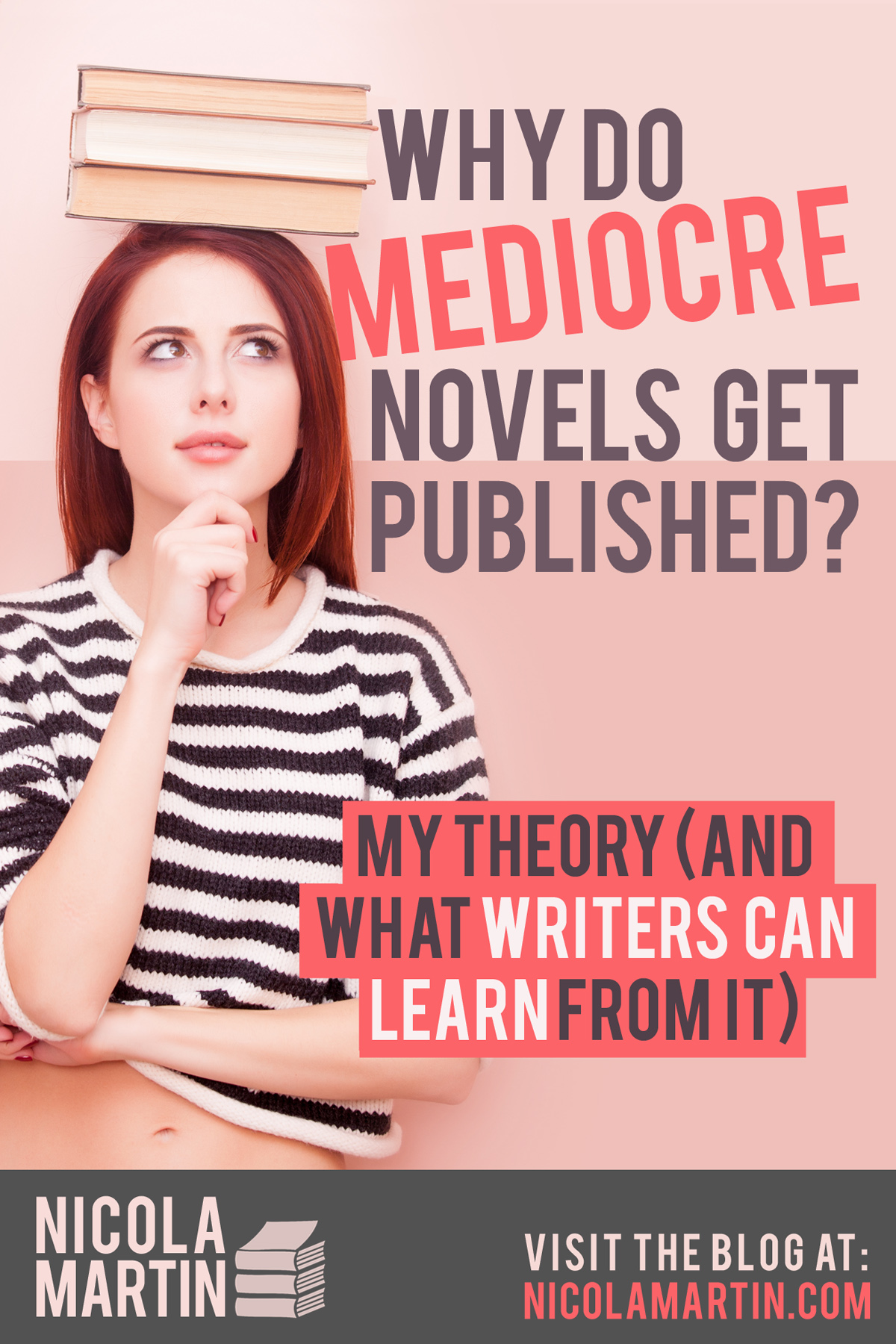
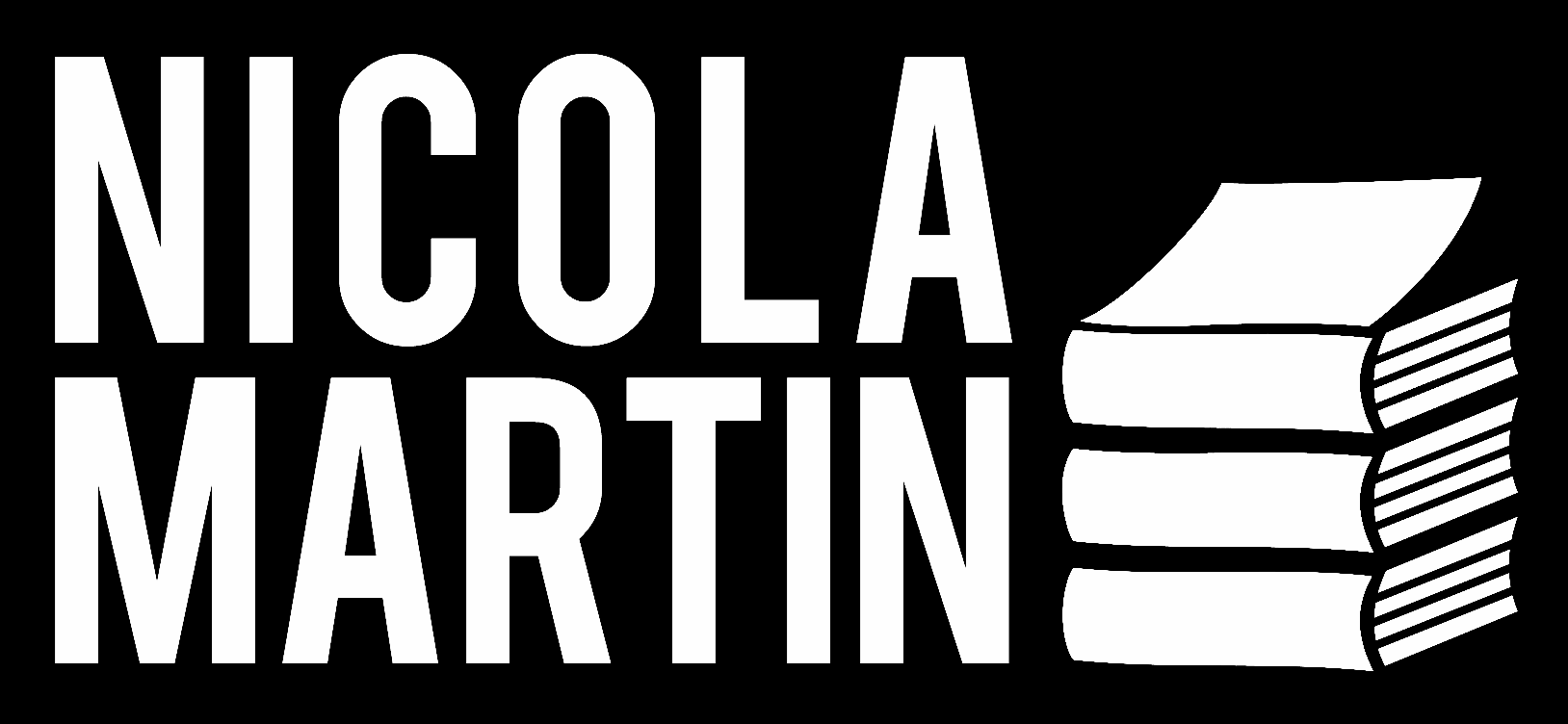

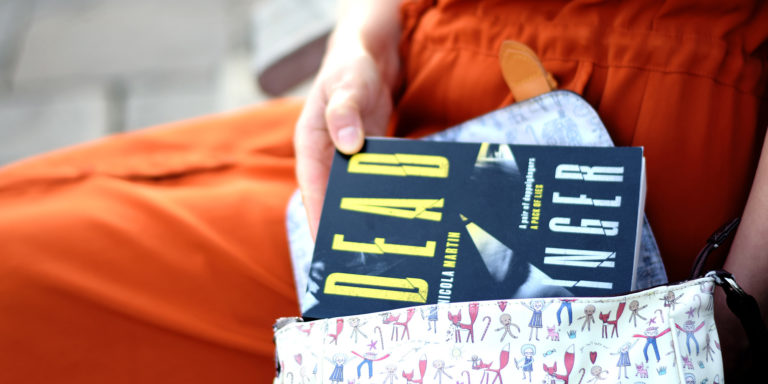
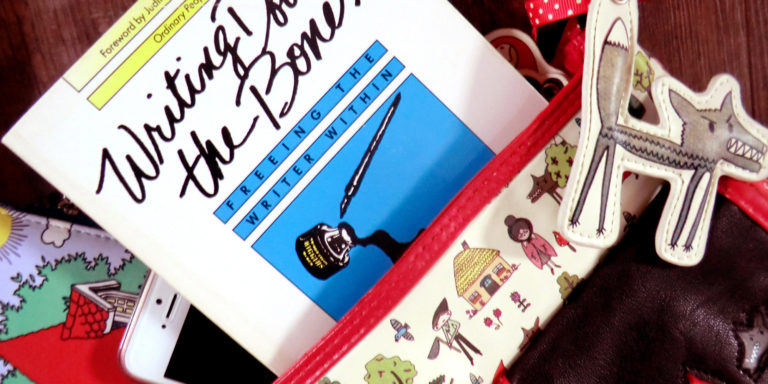

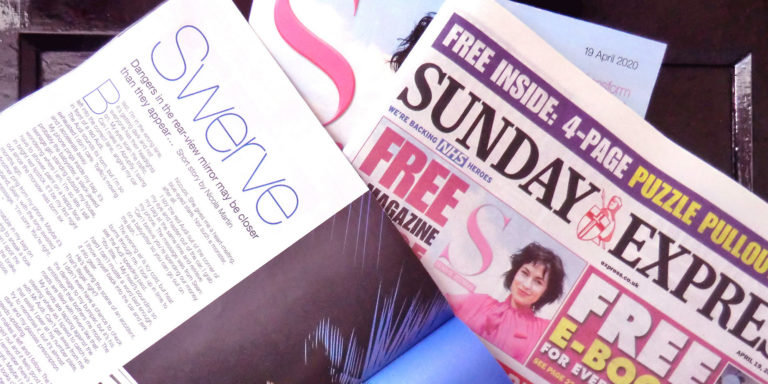

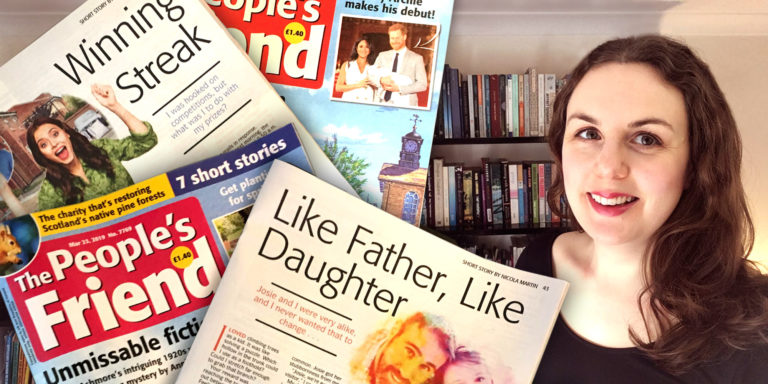
It’s funny – I just got done reading what was supposed to be a detective novel, and I kept complaining to DH b/c it constantly deviated from my expectations of the genre! Trad-published, too.
Every writer is a genre writer hmmm. Ever hear of Stephen King? Suspense, horror, science fiction, etc.?
Thanks for your insight on genre writing. I thought of my debut novel as a feminist dystopian and psychological thriller. But I’d best stick with describing it as a feminist dystopian. Unfortunately that means a much smaller group of readers.
Eagerly started reading Brown Baby by Nikesh Shukla and it is just getting more annoying and ever more boring. There is no nuance, nothing new and no insights. He is worried about his female child growing up like every other parent on this planet but he somehow manages to lose the reader’s sympathy. There is a lot of white-bashing ( I am not white by the way ) forgetting that Asian-Indian cultures promote colourism, caste and gender differences that are ingrained in their very religion. It’s trendy to blame the West for all the ails of the world and a deep look into one own’s background and people’s attitudes may be too uncomfortable to admit.